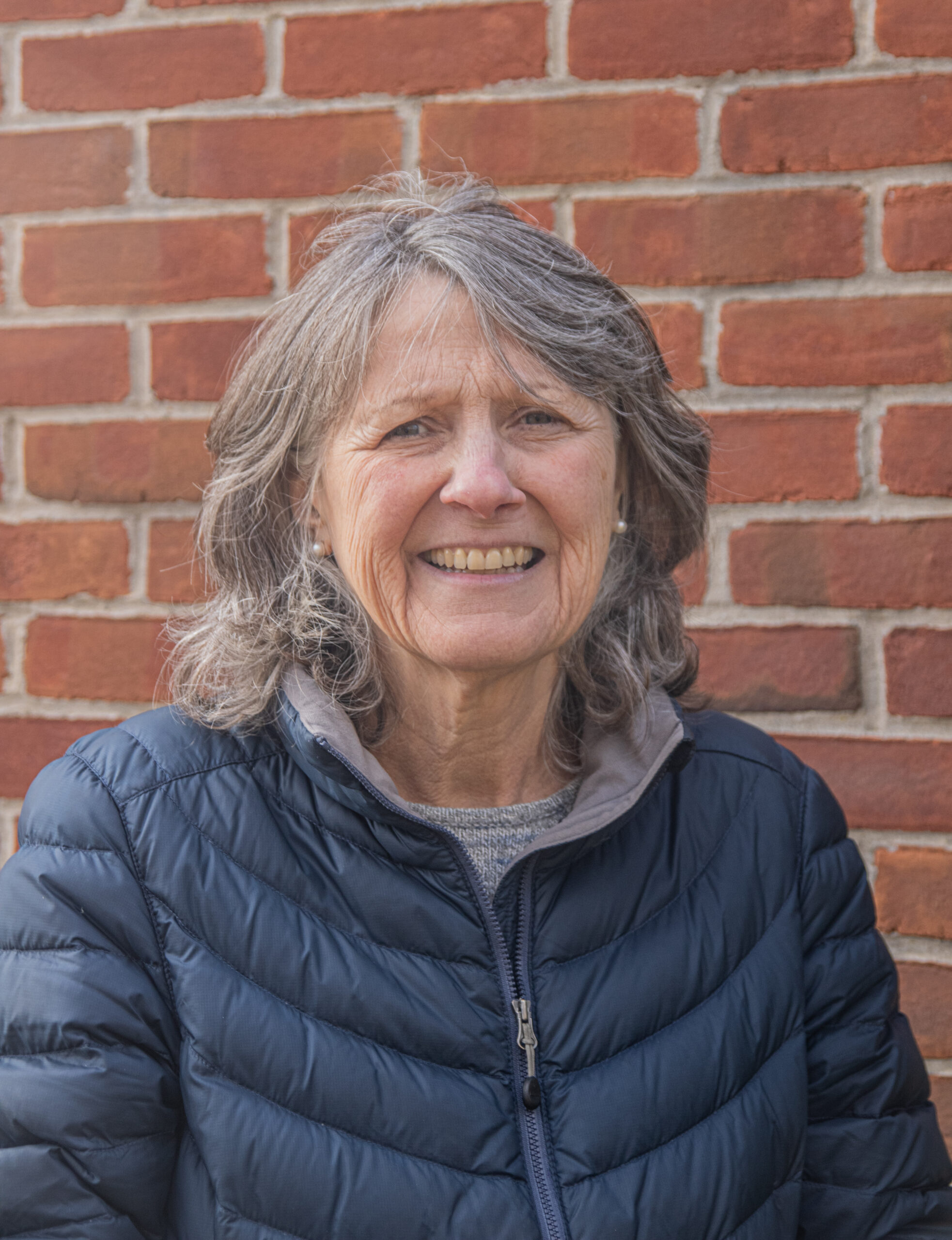Professor Kathleen Gorman runs URI’s Hunger Center and works to combat food insecurity throughout the state. PHOTO CREDIT: Nick Pierson
Every college student seems to identify as poor and hungry.
It’s a stereotype perpetuated by television, movies and students themselves, oftentimes. However, there’s a clear difference between being a typical poor and hungry college student and being a food insecure student struggling to get by. This is something that Kathleen Gorman, a psychology professor and the director of the University of Rhode Island’s Feinstein Center for a Hunger Free America, hopes to change.
In 2019, Gorman, with the help of some students, conducted a food insecurity survey on campus and discovered that approximately 13 percent of students identify as food insecure. Recent URI initiatives, such as the Free Farmers Market and the Swipe for Hope campaign, have been created to alleviate food insecurity within the student population. However, she believes there are still students struggling — genuinely poor and hungry college students.
“One of the things that some students brought up was the social pressure to eat, to go out with your friends to get pizza for example, is so high, that some students will spend their limited resources to do something social and then go without,” Gorman said. “That has an effect on you.”
She said that when the survey was conducted, all of the students that identified as food insecure also fell into categories of higher stress, more often sick, missing more classes and struggling academically.
Despite this, Gorman said that not every student that is food insecure recognizes that they are such.
“Some kids really know, but I don’t think a lot of them realize it,” she said.
Gorman got her doctorate at the University of Maryland. After graduating, she received an opportunity to move to Guatemala to study malnutrition and its effects on childhood development. Later in her career, Gorman studied iodine deficiency in China and taught at different universities throughout the United States, before landing in Rhode Island to focus more on malnutrition as it relates to food insecurity.
This is year 21 for Gorman as director of the Hunger Center, as she joined the University in 2000 after the Hunger Center opened just one year prior.
“It’s a different level of food insecurity [in the U.S.] of the levels you see in lesser developed countries,” Gorman said. “It’s still the same situation where kids are not getting adequate diets; people don’t have enough resources; poverty is the huge predictor of outcomes. So that’s what I’ve been doing for like my whole life.”
In her role as director, Gorman develops community outreach related to food insecurity throughout the state of Rhode Island. Her office runs a Supplemental Nutrition Assistance Program (SNAP) hotline, which helps answer SNAP-related questions and assist with application processes.
Before the pandemic, much of the outreach included on-site action, where students and Hunger Center staff members would set up informational tables where they’d help members of the public answer their SNAP-related questions and fill out the complicated paperwork.
While this is making more of a comeback now, Gorman said their biggest resource during the height of the pandemic was offering the hotline calls. According to Gorman, Rhode Island is one of the more food insecure states in New England, so offering these resources is particularly important to the community.
Orianna Carvalho, a behavioral science doctoral student, has been working as the Hunger Center’s research assistant for approximately a year. In her position, she coordinates the SNAP outreach program by scheduling on-site visits, trains outreach workers and helps run the hotline.
Carvalho said that fielding the hotline calls is a highlight of her position. She said she took many calls the day before Thanksgiving, and it was rewarding to listen to the people tell their stories to her and get their questions answered, too.
She also works closely alongside Gorman in her work at the Hunger Center and has taken her classes in previous semesters.
“No really teaches these things from the perspective that she teaches,” Carvalho said. “What is often understated in diversity and inclusion is differing abilities and differing socioeconomic statuses as well, just different income levels, and I think that’s one of the things that makes what she and the Hunger Center have to offer so unique.”
In addition to running the Hunger Center, Gorman also oversees the hunger studies minor that URI offers. Gorman wears multiple hats: researcher, professor and director, but her primary appointment is to the director position. She teaches PSY 130G: The Problem of Hunger in the U.S. each spring.
“Inevitably, at the end of the semester, several students will say to me, independently, ‘I had no idea about this,’ and ‘how come I don’t know about this?’” Gorman said. “Where would you learn this? This is not something we teach about, usually. I always say educate yourself about any kind of social issue; it doesn’t have to be hunger and food insecurity. It could be domestic violence or women’s issues or voter issues or racial profiling, you see how they’re all connected.”

